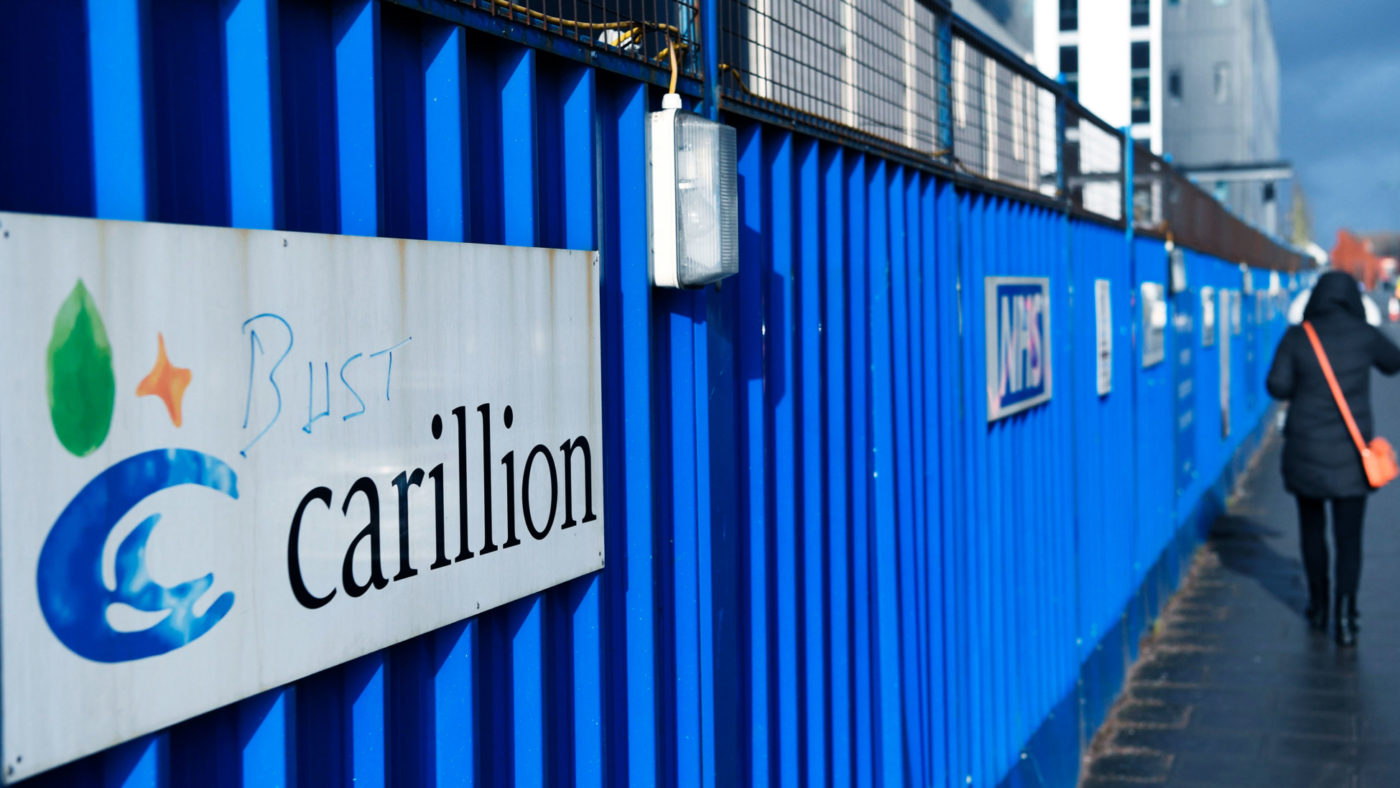The collapse of Carillion has sent shockwaves through the business community. As the UK’s second largest construction firm, with a UK workforce of almost 20,000 and multiple large public contracts, its collapse will have wide-reaching effects.
As with any large corporate failure, attention has now turned to unpicking what exactly went wrong and where the responsibility lies. More often than not the reasons behind the collapse of a large organisation are multiple and complex, and take time to come to light. Dominic Chappell, who bought BHS for £1 in 2015, was only this month found guilty of falling to disclose information on the ailing company’s pension scheme. The Pensions Regulator first made the request for information in May 2016, but it has taken this long to get to court.
While it will be some time before we have the full picture on Carillion, there are already concerns around the governance arrangements and a picture of mismanagement is emerging. Corporate failure is a necessary risk in our market system and good governance cannot fully protect against it. That said, this spectacular collapse suggests that effective governance was lacking at Carillion and we now need to consider if the board and shareholders exercised appropriate oversight prior to the collapse.
It is also looking increasingly likely that along with the rest of the company’s creditors, the pension scheme members at Carillion are going to be left out of pocket. Over the weekend the Prime Minister has pledged “tough” new rules which will seek to target “executives who try to line their own pockets by putting their workers’ pensions at risk”. While everyone can understand her desire to protect pensioners in cases of corporate collapse, this feels like treating the symptoms rather than the cause.
There are two questions to which the Government needs to find answers. First, is the public procurement process, particularly when it comes to major construction projects, creating risks by favouring a small number of large contractors over smaller companies? Secondly, is our system of corporate governance strong enough to ensure boards of systemically important companies like Carillion minimise these risks? The second question is timely because the role played by boards, in both corporate failure and success, has never been more in the spotlight.
The Financial Reporting Council is currently consulting on comprehensive changes to the Corporate Governance Code, which include the suggestion that a board’s function should not only be to promote the long-term success of the company, but also to contribute to wider society. Separately, the creation of a set of principles for large unlisted companies, sparked by the BHS scandal, is also underway.
Boards and their companies are grappling with rapidly changing regulations in many areas. Financial services are still contending with the recent implementation of MIFID II, an absolutely vast piece of legislation affecting everyone from banks to brokers. In a matter of months, UK companies will also need to be compliant with the new General Data Protection Regulation, which will shake up how business can store and use customer data. Add to that gender pay gap reporting and the requirement to give workers a voice in the boardroom and it’s clear directors have a lot on their plates.
This means that any additional reforms the Government makes on the back of the Carillion disaster must fit the changes currently in train, and strike the right balance between improving the way a board holds executives to account and allowing a company to take on a measure of risk.
A potential change that needs to be examined is the use of “clawback” provisions for executive pay at listed companies like Carillion. One widely-reported issue with the bonus scheme at the construction giant relates to a change in the wording of the clawback scheme which led to the threshold for recouping an executive’s bonus being significantly increased. By narrowing the conditions under which a clawback could be initiated, Carillion undermined the effectiveness of its policy to punish mismanagement or poor performance by its directors.
The UK Corporate Governance Code currently is light on the circumstances in which a company should use a clawback mechanism. The current consultation on the Code could be an opportunity to tighten this to say that the collapse of the company should always be included as a trigger for bonus clawbacks in the employment contracts of top executives. Indeed, the IoD will be including this proposal in its response to the consultation.
It is only natural for there to be a desire to “shake things up” and prevent a repeat after such a large failure in our economy. That said, it must be remembered that a structural change affects all market participants, regardless of whether they had anything to do with the collapse.


